(Andy Synn interviews D.F., master of guitars and synthesizers for Germany’s Stellar Master Elite. To read Andy’s reviews of all the band’s albums, including their new 2015 release, go here.)
So let’s start this interview off with a simple question… how are you, and what are you up to at this precise moment?
DF: Writing this interview with the damn flu while listening to Boards of Canada. Could be worse!
More generally, how are things looking in the SME camp at the moment?
DF: We are looking forward to having more time to write music sometime in the near future, when all the turbulence from release-related things, like writing interviews and sending out orders, lie behind us.
How has the reception – or at least, your perception of it – been for III: Eternalism – The Psychospherical Chapter?
DF: We haven’t received that much in terms of reception at the moment, except for reviews, but we don´t really care about that. Our perception of Eternalism is that we are really happy and it’s exactly as we wanted it to be.
When/if you compare III: Eternalism… to its predecessor, II: Destructive Interference Generator, how do you feel the new album progresses and expands your sound? And was this a conscious thing, or something that developed organically during the writing process?
DF: It feels like a natural development and wasn´t a conscious decision. We do what we like to do. Our music strongly reflects our mood during the writing process. I really like the word “organic”. It fits perfectly.
SME has always struck me as a band of distinct individuals, united by a shared vision. However, some of your members have other responsibilities (musical or otherwise), whilst for some of you SME is your main project. So when it comes to composing the songs, etc., how do you go about sharing or splitting the workload?
DF: There is no sharing in composing. Most of the material I write by combining jamming sessions I have with Marco with stuff I write myself. The other guys are usually confronted with almost finished songs when it´s time to introduce their part.
Speaking of the writing process, did you change or alter anything in how you worked in the run-up to writing/recording III: Eternalism…?
DF: No. We did everything exactly the same way as ever, except for “Perdition Time Loop”. That was something special. I recorded all the synth in one intoxicated live session. With that track we entered Studio E with all our percussion in the backpack. It ended up that Marco, Markus, and I had a lot of fun recording the percussion and Markus arranged the recorded tracks and later added his voice to that song. It was amazing.
And how was the recording process in general? Easy? Hard? Smooth? Frustrating?
DF: Definitely smooth, as I record all Guitars and Synth by myself when I am in the right mood for it. Recording drums was also very productive and fun because it´s no physical effort for me, hehe. I sense the mixing process is much harder to work though, and the mastering process more frustrating than productive.
Correct me if I’m wrong, but I believe you’ve used and designed your own synthesisers, etc., for the band before now, and I’m wondering if that trend continued on the latest album?
DF: I use some self-built synthesizers called the Pico Paso and the Nebulophone. But I just assembled the kits and didn´t develop or design them. I´m really interested in electronics though, and find the possibility to make the nature useful in hearable electronic frequencies fascinating. But in terms of actually building my own synthesizers there is still a long way to go first. The next step for me is to build up a modular synth with mixed elements of bought modules and DIY kits.
Would you also be willing/able to give some deeper insight into how you use these instruments, as I think that use of artificial soundscapes in your music is a fascinating element that deserves a lot more attention?
DF: As I mentioned, I build up some smaller synth kits that can be bought at http://bleeplabs.com/. I use for example the Nebulophone with a Cathedral Reverb and an Analogue Delay in the beginning of “Hologram Temple”. Also the Monotron Delay can produces such beautiful space sounds that I used it on “Hologram Temple” and on “Prodigium” off II. The strangest sounding thing I used on this album is the Prophet 12. This machine is a monster and it has totally fabulous distortion and delay effects. I´m totally in love with that.
Going back a little, I’ve always wanted to ask you what the stimulus and background was/is behind the title II: Destructive Interference Generator? I’m aware of the application of the term in both sound waves and fluid dynamics, but would be really interested to hear why you chose that for the album title, and the context you’re using it in?
DF: A simple explanation of the title is for example to find in John Carpenter´s They Live. Imagine the satellite that they destroy at the end of the movie. After that everybody was able to decode the reality as it really was. The Destructive Interference Generator is an analogy of that transposed to our world and stands for the manipulation of the perception of the collective consciousness and the visible light.
By comparison, this is going to come across as a slightly more frivolous question, but what’s your favourite Thorns song? And you’re not allowed to pick the obvious one!
DF: Oh man that´s a tough one as there are only totally awesome killer monster super tracks that Thorns made. To be serious that’s almost impossible to answer. If I´m forced to choose one that at the moment fits best with my personal taste and the one I would listen to afirst when I´m in the mood for Thorns, I would have to choose “Melas Khole” though.
Outside of the obvious influences (which I’ve seen listed elsewhere, so we won’t waste time on those) do you find yourself inspired or interested in any particular contemporary artists? And I don’t just mean from the Metal scene.
DF: There´s still a lot of the stuff I already like back in the ‘90s that have a huge influence to me, especially when it comes to Black Metal. Also I watched a lot of John Carpenter movies as a kid, and that influence is something that you could not get out of me. This and a lot of books I read have the biggest impact on SME, alongside the reality we experience all day.
How is your current relationship with Essential Purification Records (who released III: Eternalism… earlier this year)?
DF: EPR approached us last year and really wanted to work with us and the relationship works on a really friendship-oriented basis, which we really appreciate.
And, following on from that, have you formulated any plans (even vague ones) for the future with the band – whether it be in terms of writing new music or even performing live at some point?
DF: Yes, we have our minds already taken to the next release. Some rough ideas are already written and we are planning to enter the studio sometime next year. EPR plans to re-release our first two outputs as well, and there are some other cool things to come which we will explain at a later date.
As a penultimate statement, how would you like people to come to and listen to the music of Stellar Master Elite? Over the years I’ve found that listening and encountering a band the right way is just as important as simply listening to them in the first place – so if there’s an ideal way of approaching the music of SME, an ideal mindset, what would that be to you?
DF: Our music is the soundtrack to the inner mind cinema. Sit back, relax and let yourself flow away with the sound to a world where your body is not allowed to enter. Intoxication enhances the experience.
Any final words of wisdom?
Just a thank you very much for the thoughtful questions. I really enjoyed it.
https://www.facebook.com/smemusic/
http://www.stellarmasterelite.bigcartel.com
http://essential-purification-records.de/shop/index.php?lang=en
https://esrsme.bandcamp.com/album/iii-eternalism-the-psychospherical-chapter
https://stellarmasterelite.bandcamp.com

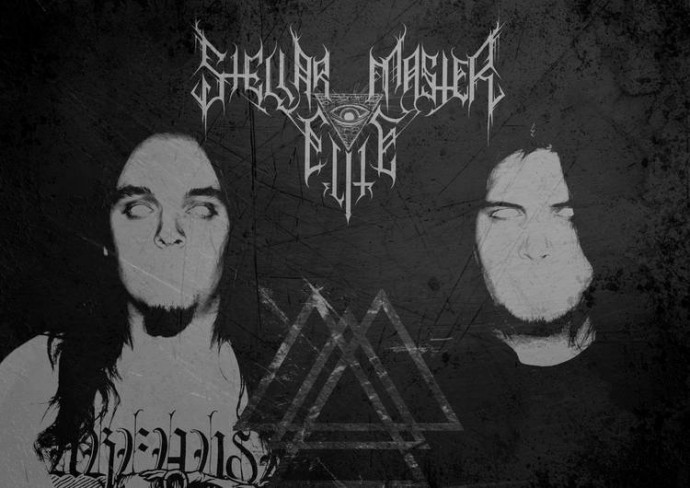
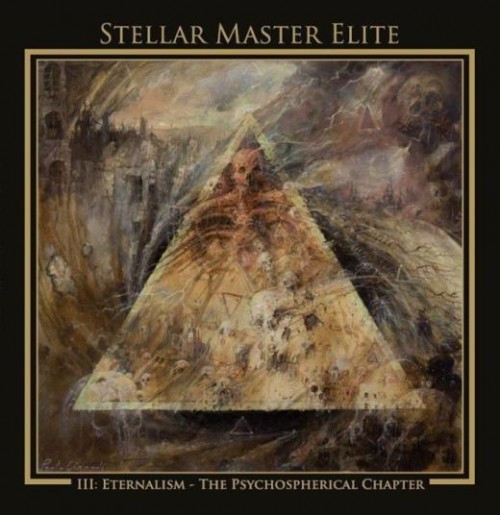
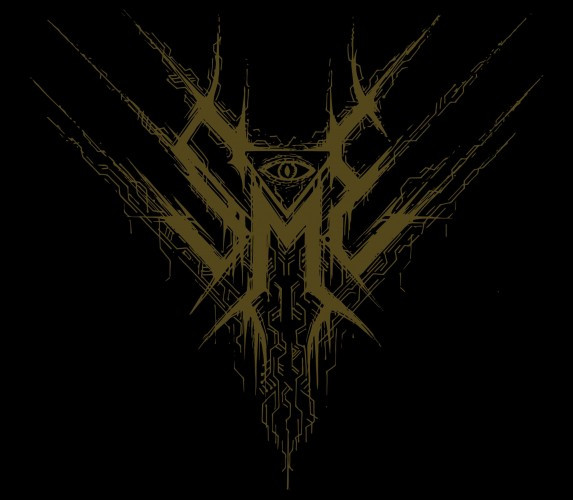

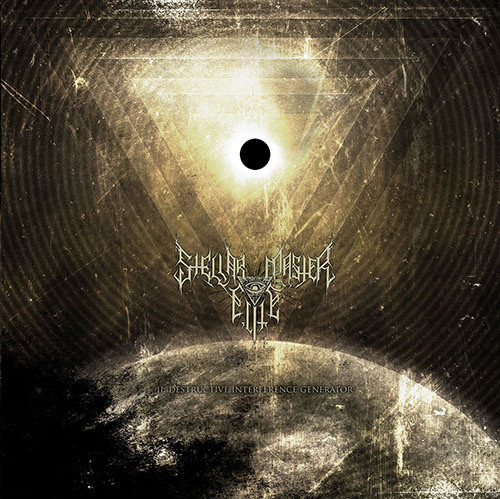
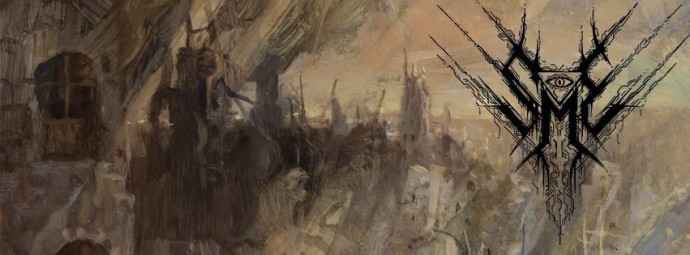
A great interview, despite the fact that he was ill while doing it, and very cool music